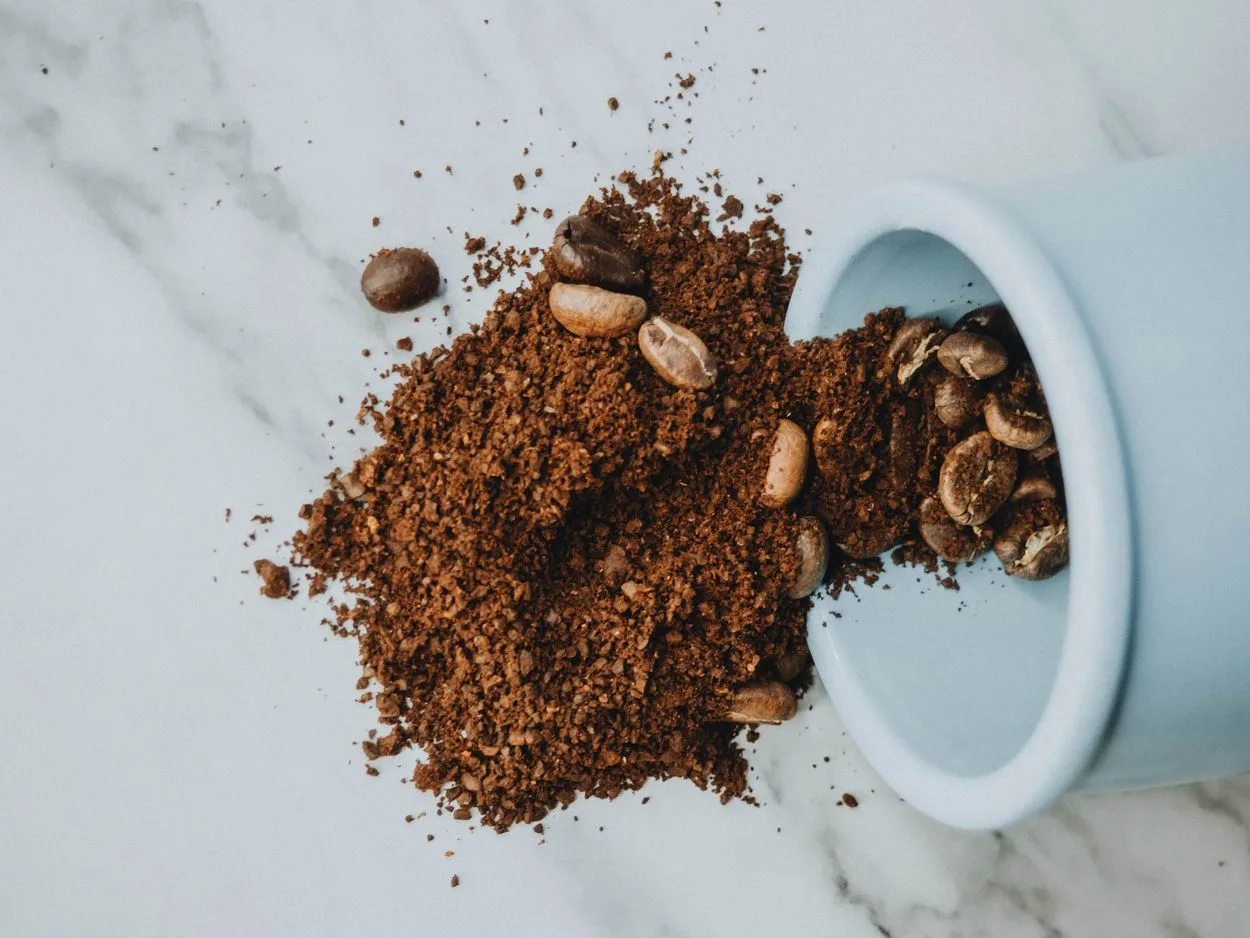As per studies, up to 85% of Americans start their day with some sort of caffeinated beverage. You probably wonder how long caffeine stays in your system if you’re one of those people who can’t get through the day without it.
Here’s a short answer to this query.
The average time that caffeine lasts in your system is three to six hours. Depending on how much time your system takes to metabolize it, on average it will take 15 hours to clear it out of your system.
If you have questions regarding caffeine withdrawals and the possible effects you might face when quitting caffeine, you should keep on reading. Also, I’ll tell you what’s the best time to take caffeine.
Let’s get on to it…
Contents
Caffeine: Other Names

If you like energy drinks, you may see caffeine in drinks with other names, such as yerba mate and guarana seed.
Since some types of caffeine are stronger stimulants than others, you may feel powerful effects with them. It’s worth noting that coffee isn’t the only way to have caffeine. You can take it in pills, chocolates, and energy drinks. Interestingly, there are energy drinks in the market with different levels of caffeine.
Additionally, there are both synthetic and natural forms of caffeine. Therefore, you can always make a choice based on your preference.
Caffeine often causes dehydration as a side effect. Therefore, you should have more water when taking caffeine. Also, there’s decaffeinated coffee that might also be a solution to this problem.
You might be wondering whether this particular caffeine can provide you with energy. Let me tell you that decaffeinated coffee still has caffeine in it but a very minimal amount of 2mg as compared to caffeinated one having about 95mg caffeine.
Do you want to know more about caffeine sources? Here’s an amazing video for you;
The Effects of Caffeine
Undoubtedly, caffeine is a legal drug that makes you perform better in daily life tasks whether it’s the gym, tests, or night shifts. However, going overboard with it can be a nightmare for some.
Therefore, the FDA has regulated a safe dose of caffeine for healthy adults at 400 milligrams. If you have any health issues such as anxiety or migraine, it’s better to consult your physician before setting your daily caffeine limit.
If you take more caffeine than what you can tolerate, you’re more likely to feel negative symptoms. Additionally, if you are new to caffeine, it may take a while for you to adjust. Let’s have a look at both the positive and negative effects of caffeine.
Positive
Here’s a list of positive effects of caffeine:
- Energy boost
- Endurance
- Focus
- Speed
- Increase in IQ
- Improve in memory
- Awakening
Negative
You can face the following negative effects with excessive caffeine consumption:
- Hypertension
- Anxiety
- Raise heart rate
- Dehydration
- Tolerance
- Crash or jitters
- Sleeplessness
- Headache
How Long Do Caffeine Effects Last?

Caffeine effects usually last between three and six hours. For instance, if you take caffeine in the morning, you’ll feel energetic and alert by midday. Some individuals metabolize caffeine fast, so the effects will wear off quickly as compared to those who’re slow metabolizers.
There’s no formula to know the speed with which your body metabolizes caffeine. The prime reason that you are not getting the results you want may be that you’ve become more tolerant towards caffeine intake. Therefore, you’ll need to increase your consumption in order to feel the effects once more.
Taking caffeine will make you less tired since it blocks adenosine which tends to make you feel tired. I’d recommend keeping a check on your intake as with time you’ll build a high tolerance.
Here, let me tell you that caffeine doesn’t process out of your system before 15 hours.
How Long Does Caffeine Last In Your System?
Caffeine effects generally wear off within 5 hours, however, it may last in your system for 9 to 15 hours. So that makes the average life of caffeine is three to six hours.
Let me make it easier for you with the help of an example. If you take 300 milligrams of caffeine in a day, half of the caffeine i.e. 150mg will still be in your body even after 5 hours. Since everybody metabolizes it at a different speed, it may take you a day to process it out completely.
As is already mentioned that tolerance is the key for processing caffeine so the mean or average time for those with low tolerance could range from 6 to 7 hours.
The type of work you do also plays a key role as those working hard labor will process caffeine more quickly as compared to those doing office jobs.
Caffeine Withdrawal

The amount of caffeine you ingest plays a key role in your well-being and the proper functioning of your body. Where taking a moderate amount of it may improve your energy levels and allow you to perform better in physical and mental activities, over-relying on it can result adversely.
These effects include anxiety and fidgeting, especially when you take it before bedtime. If you do so, there are chances you may wake up tired and need caffeine again to start your day. Let me tell you that it becomes a never-ending cycle unless you decide to regulate it.
In my personal opinion, it’s not a healthy substance to consume regularly. In case you wish to withdraw from over intake of caffeine, there’s no better time to do it than today.
As told earlier, it takes 3 to 4 days to build caffeine tolerance so if you’re planning to give up caffeine, it may take more time than just getting used to it.
It’s important to note that withdrawing from caffeine can make your body function improperly for a few weeks. The more tolerant you are to it, the harsher withdrawal symptoms you might experience.
Caffeine Withdrawal Symptoms
Once you’ve built up caffeine tolerance, withholding it for a day or overnight may result in severe symptoms. However, the best practice would be lowering your intake gradually and in small bits.
The symptoms will start appearing within 24 hours of eliminating caffeine and may last for a few days or weeks. Interestingly, some individuals may not feel any symptoms as everyone has a different system.
Research shows that quitting caffeine makes you feel more sleepy after 10 a.m. Not being able to focus and concentrate are a few other symptoms of withdrawal.
Here’s what you might experience after leaving caffeine;
- Anxiety
- Increase in sleep
- Jitters
- Decrease in focus
- Headache
It’s important to note and has already been mentioned that your body may not function properly for a few weeks of quitting caffeine. So, if you have a severe headache, it may be because of increased blood flow in the brain followed by a caffeine withdrawal.
How Much Caffeine is Safe to Consume?

If you follow FDA instructions, you should never exceed 400 milligrams in order to avoid adverse effects. I also try to keep my intake within this limit.
An average size cup of coffee has 70 to 80 milligrams of caffeine. Since everyone has their own level of tolerance so some individuals may experience harmful effects with just 100mg, while 400mg might not cause any trouble for others.
Your age is another factor that can affect your health adversely. Research finds at least one severe effect in young people from the consumption of energy drinks. The effects include chest pain, headache, and jitters. Therefore, I wouldn’t recommend young kids to take drinks containing caffeine.
Best Time For Having Caffeine
Time is what you need to consider while drinking caffeine. My view is that the best time for drinking caffeine is early in the morning.
Considering that the effects of caffeine last for 3 to 5 hours, taking it after 2:00 p.m. can disrupt your sleep. Research shows that most adolescents with ADHD take caffeine in the evening which leads to anxiety.
The same can be true in the case of those without ADHD, therefore you can say the best time to take caffeine is before two p.m.
Caffeine Comparison in Energy Drinks
Let’s compare the caffeine level in energy drinks;
| Drinks | Caffeine levels |
| Coffee (one cup) | 95 milligrams |
| Tea | 26 milligrams |
| Red Bull (258g) | 80 milligrams |
| Monster (240g) | 85 milligrams |
| Rockstar (240g) | 72 milligrams |
As you can see, only tea has a low level of caffeine, so it might be worth considering if you want to keep your intake low.
Final Thoughts
It takes this stimulant fifteen to twenty minutes to kick in. After that, it’ll stay in your system for up to 6 hours. That is what I experience with caffeine, although the time may increase or decrease in your case.
Let me tell you that after 5 to 6 hours, the caffeine content will reduce to half. If you take caffeine casually, it might take your system a day to fully flush it out.
In case you face negative symptoms with caffeine, you should eliminate it from your diet. It’s worth noting that withdrawing from caffeine might cause severe headaches. So, it’ll take your body one or two weeks to function properly.
